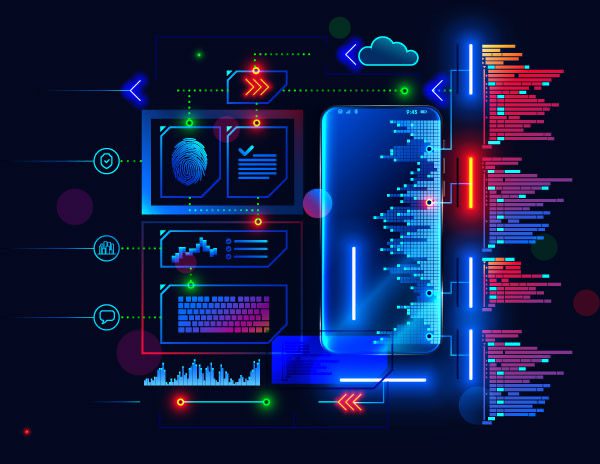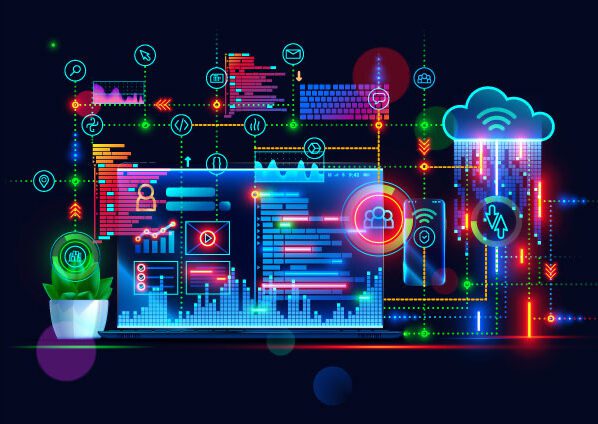Smart Contracts
Smart contracts are one of the most exciting and transformative technologies of our time. They are changing the way we conduct business and interact with each other by automating and streamlining various processes, increasing transparency and trust, and reducing the need for intermediaries.

A smart contract is a self-executing digital contract that is written in lines of code and stored over a decentralized network. It is a computer program that can automatically enforce, verify and execute the negotiation or performance of a contract. This eliminates the need for intermediaries such as lawyers, and reduces the cost, time and risk associated with traditional contracts.
The concept of smart contracts was first proposed by Nick Szabo in 1994, but it was only with the emergence of blockchain technology that smart contracts became a reality.
Smart contracts can be used in a wide range of industries and have many potential use cases. For example, in real estate, smart contracts can automate the process of buying and selling property, including the transfer of ownership and the payment of taxes. In supply chain management, smart contracts can track the movement of goods and automatically release payment to suppliers when certain conditions are met. In the banking and finance industry, smart contracts can automate the clearing and settlement of financial transactions and enforce compliance with regulations. In healthcare, smart contracts can securely store and share patient health data and automate the process of claim submissions and payments for healthcare services.

In the banking and finance industry, smart contracts can automate the clearing and settlement of financial transactions and enforce compliance with regulations. In healthcare, smart contracts can securely store and share patient health data and automate the process of claim submissions and payments for healthcare services.
Smart contracts are also a powerful tool for creating new business models and ecosystems. They enable the creation of decentralized applications (dApps) that can run on the blockchain, and provide new ways for individuals and organizations to interact, collaborate and transact with each other.
We use smart contracts to provide a secure and efficient investment experience for our clients. Each time a user activates AI enhancement for a single trade, a unique smart contract is executed, ensuring that all terms and conditions are automatically fulfilled. The decentralized and immutable nature of smart contracts provides transparency and reduces the risk of fraud or errors, leading to a more streamlined and reliable ecosystem.


